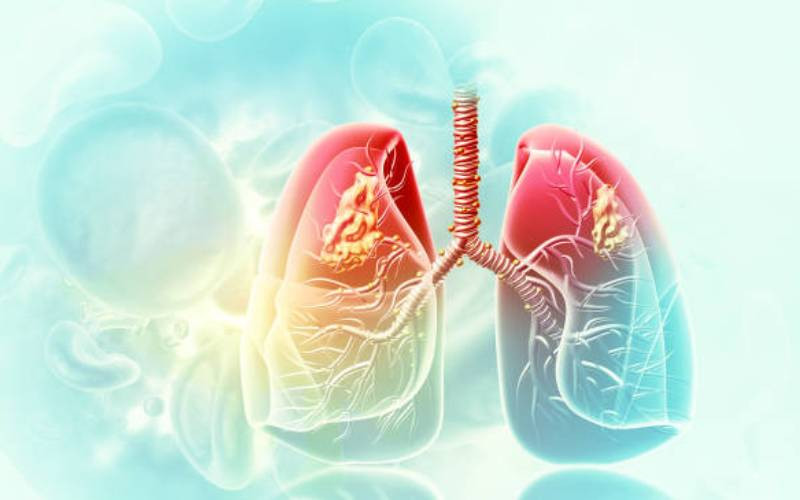×
The Standard e-Paper
Stay Informed, Even Offline

Some Kenyans, unaware of the early signs of lung cancer have been seeking help from herbalists when not buying drugs over the counter.
Such medications while temporarily relieving them of pain does more harm than good considering that less than 10 per cent of those diagnosed with lung cancer survive, according to the International Agency for Research on Cancer (IARC).